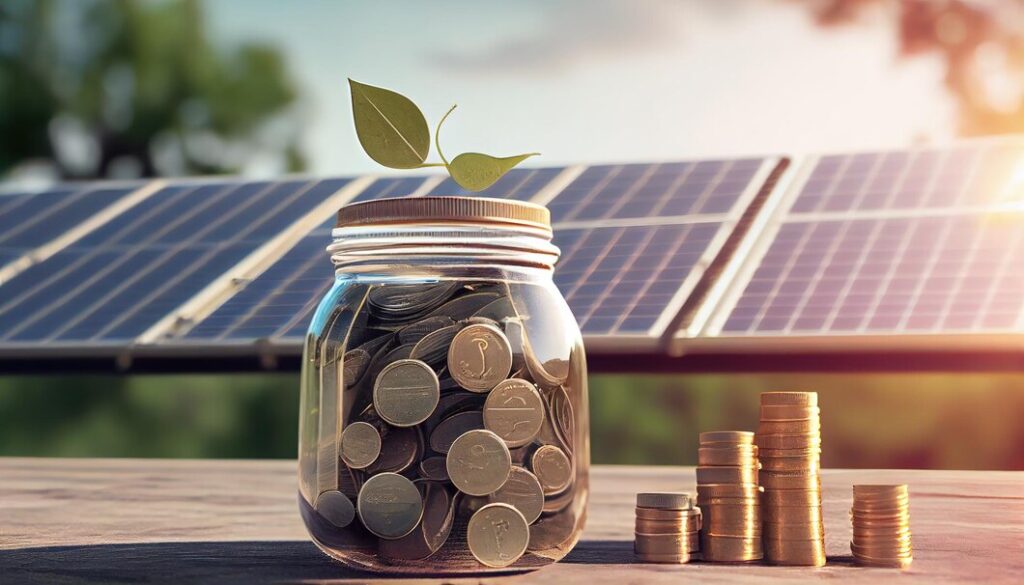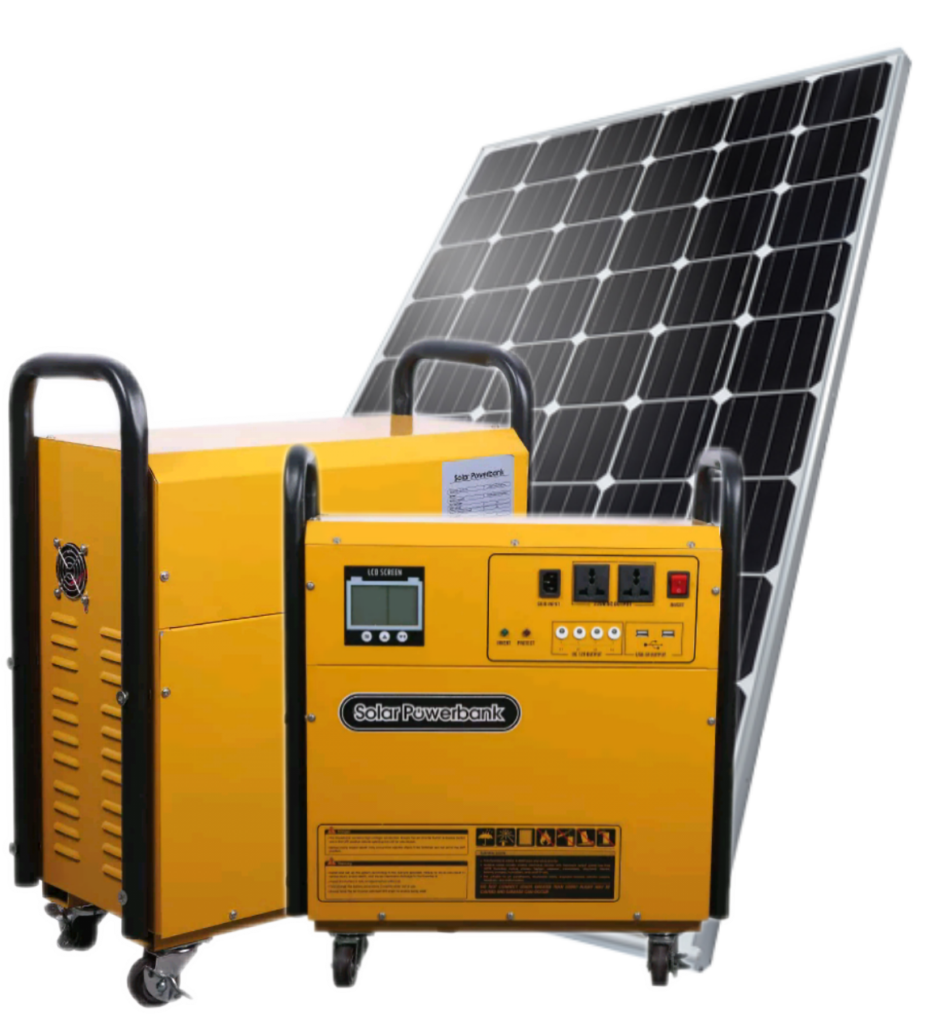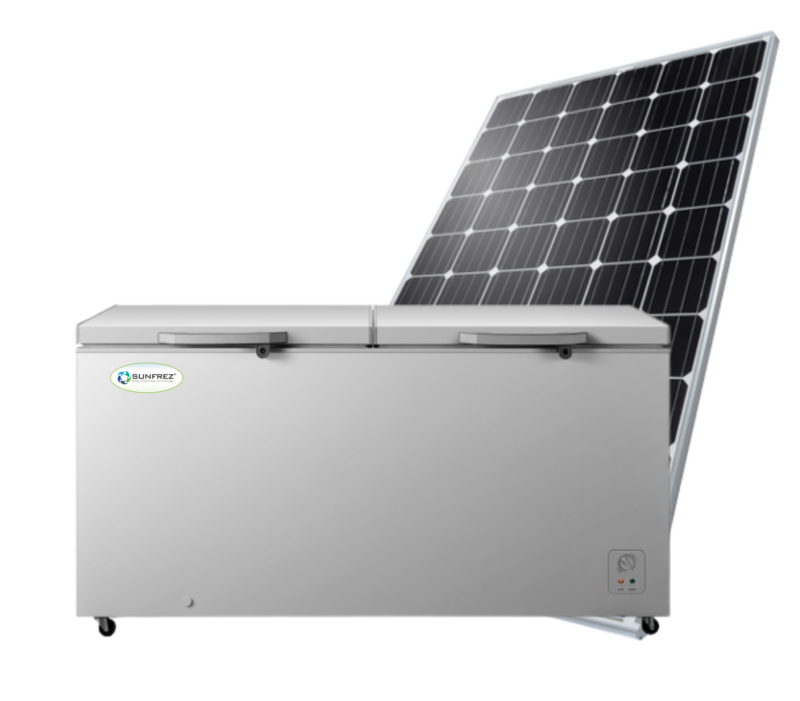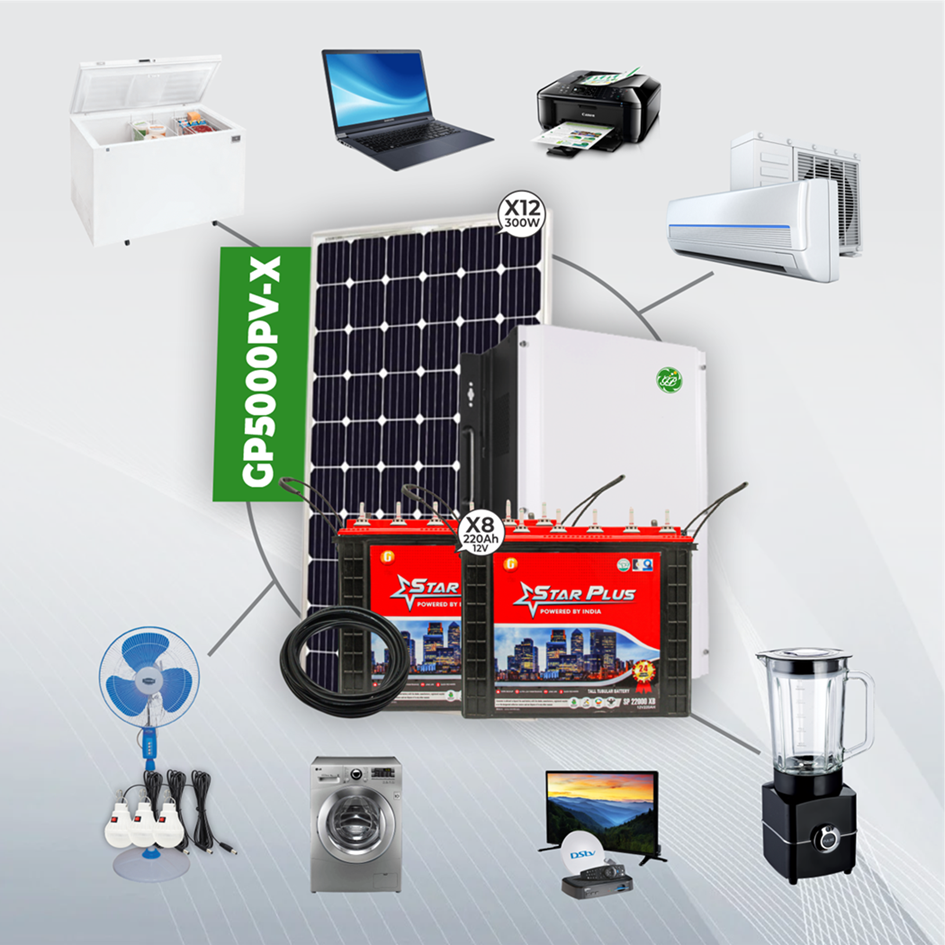Cost-Effective Solar Solutions for Businesses and Homeowners
Best Renewable Energy Company in Nigeria > Article > Cost-Effective Solar Solutions for Businesses and Homeowners
Cost-Effective Solar Solutions for Businesses and Homeowners
The demand for sustainable energy solutions is at an all-time high in today’s world. As businesses and homeowners seek to reduce their carbon footprint and lower their utility bills, solar energy has emerged as a cost-effective and environmentally friendly option. From Pay As You Go financing to Power Purchase Agreements, there are a variety of solar solutions available that can meet the needs of any budget. In this blog, we will explore the different cost-effective solar solutions for businesses and homeowners, helping you make the switch to clean energy without breaking the bank.

Evaluating Cost-effective Options for Home Owners and Businesses
As the world continues to focus on reducing carbon emissions and moving towards renewable energy sources, solar has become an increasingly popular choice for businesses and homeowners. Not only does solar power help reduce reliance on fossil fuels, it can also lead to significant cost savings over time. However, the upfront cost of installing solar panels can be a barrier for many people. Luckily, there are several cost-effective solar solutions available that can help businesses and homeowners make the switch to solar without breaking the bank.
Pay As You Go (PAYG)
One innovative approach to embracing solar power is the Pay As You Go (PAYG) solar solution, which has quickly gained traction in developing countries with limited access to electricity. PAYG solar solutions operate on a simple premise: customers can purchase solar panels and related equipment on a pay-as-you-go basis, making affordable monthly payments until the system is fully off. This payment model allows customers to access solar power without the high upfront costs typically associated with solar panel installations, making it a viable option for individuals and communities with limited financial resources.
One of the key benefits of PAYG solar solutions is their scalability. Customers can start with a basic solar kit and gradually add more panels or batteries as their energy needs grow. This flexibility makes it an attractive option for households, schools, and small businesses that are looking to gradually transition to clean energy without breaking the bank.
Additionally, PAYG solar solutions offer significant environmental benefits. By harnessing the power of the sun to generate electricity, customers reduce their reliance on fossil fuels and contribute to a lower carbon footprint. As a result, PAYG solar solutions play a crucial role in promoting sustainability and combating climate change.
In addition to the economic and environmental benefits, PAYG solar solutions also have a positive impact on communities by providing reliable access to electricity. In many developing countries, grid electricity is unreliable or non-existent, forcing residents to rely on expensive and polluting alternatives such as diesel generators. By providing affordable and clean energy solutions, PAYG solar companies are helping to improve the quality of life for millions of people around the world.
Cash Purchases: Paying for a Solar System Upfront
Investing in a solar power system can be a significant financial decision, but paying for it outright with cash is often considered the most cost-effective method over the long term. This approach offers numerous benefits that make it an attractive option for many homeowners and businesses.
One of the most compelling reasons to pay for a solar system upfront is the elimination of financing costs. When you finance a solar system through a loan or lease, you incur interest payments and various fees, which can significantly increase the overall cost of the system. By paying cash, you avoid these additional expenses, making the solar investment more economical in the long run. The savings from avoiding interest payments can be substantial, especially over the 15-20-year lifespan of typical solar loans.
Paying for a solar system upfront means you own the system outright from day one. This immediate ownership translates to immediate savings on your energy bills. Without the burden of monthly loan payments, you can fully capitalize on the reduction in electricity costs provided by the solar system. These savings can be substantial, depending on your energy consumption and local electricity rates. Over time, the savings on energy bills can help recoup the initial investment, leading to a net positive return.

Power Purchase Agreements (PPAs)
Power Purchase Agreements (PPAs) have emerged as a popular and cost-effective option for businesses and homeowners interested in transitioning to solar energy without the upfront costs and responsibilities of owning and maintaining a solar power system. This arrangement allows the property owner to benefit from solar power while a third-party provider handles the installation, maintenance, and operation of the solar panels. A Power Purchase Agreement is a contractual arrangement between a property owner and a solar energy provider. Under this agreement, the solar provider:
Installs Solar Panels: The provider is responsible for the design, installation, and commissioning of the solar power system on the property owner’s premises. This includes all necessary permits, inspections, and approvals.
Maintains and Operates the System: The provider takes on the responsibility of maintaining and operating the solar panels throughout the term of the agreement. This ensures that the system remains efficient and productive over its lifespan.
Sells Electricity at a Fixed Rate: The property owner agrees to purchase the electricity generated by the solar panels at a predetermined rate, which is typically lower than the current utility rates. This rate is fixed for the duration of the contract, providing predictability and protection against future electricity price increases.
Benefits
When it comes to Power Purchase Agreements (PPAs), one key advantage is the absence of any initial investment required from the property owner. Under a PPA, the solar provider shoulders the expenses for the equipment, installation, and upkeep, thereby making solar energy more accessible without the need for a substantial upfront capital outlay.
Additionally, property owners can realize immediate savings on their energy bills by procuring electricity from the solar provider at a lower rate compared to the local utility. This could lead to significant cost reductions, especially in regions with high electricity rates.
Moreover, the fixed electricity rate offered by a PPA serves as a protection against escalating energy expenses. As time progresses and utility rates climb, the cost savings associated with a PPA can expand, offering long-term financial security and stability.
Choosing a reputable and experienced solar provider is crucial for a successful PPA. Property owners should conduct due diligence, including reviewing the provider’s track record, financial stability, and customer reviews.
Solar Loans as a Cost-Effective Option for Solar Purchases
Solar loans are financial products specifically designed to help homeowners and businesses finance the purchase and installation of solar energy systems. As the demand for renewable energy sources like solar power increases, solar loans have emerged as a cost-effective and accessible option for those looking to harness solar energy without incurring the high upfront costs typically associated with solar installations. Here’s a comprehensive look at why solar loans can be a cost-effective solution.
1. Upfront Costs: Solar energy can be costly to set up. Solar loans help by spreading out the initial expenses, making it easier for homeowners and businesses to switch to solar power.
2. Lower Interest Rates: Solar loans often come with lower interest rates compared to other types of loans, saving you money in the long run.
3. Tax Incentives and Rebates: Many solar loan programs take advantage of tax incentives and rebates, helping to reduce the overall cost of the solar system.
4. Positive Cash Flow: With the right solar loan, your monthly payment could be less than your savings on your electricity bill, putting money back in your pocket from day one.
5. Increase in Property Value: Installing solar panels can actually increase your property’s value, potentially covering the cost of the installation over time.
6. Flexible Loan Terms: Solar loans come with a variety of repayment options, so you can choose what works best for your financial situation.
7. Energy Independence: By financing solar installations through loans, you can achieve greater energy independence and protect yourself against rising electricity rates.
8. Environmental and Social Benefits: Investing in solar energy is good for the environment and can be important for those committed to social responsibility.
In conclusion, cost-effective solar solutions for businesses and homeowners involve a strategic approach that encompasses thorough energy needs assessment, evaluation of property solar potential, and careful selection of solar technologies. By exploring various financing options, taking advantage of available incentives and rebates, and obtaining multiple quotes, individuals can ensure they make financially sound decisions. Analyzing the financials, reviewing warranties, and evaluating installer credentials further contribute to securing a reliable and efficient solar system. Finally, understanding contract terms and maintaining the system regularly maximizes both immediate savings and long-term benefits, making solar energy a viable and sustainable investment for reducing energy costs and contributing to environmental stewardship.




